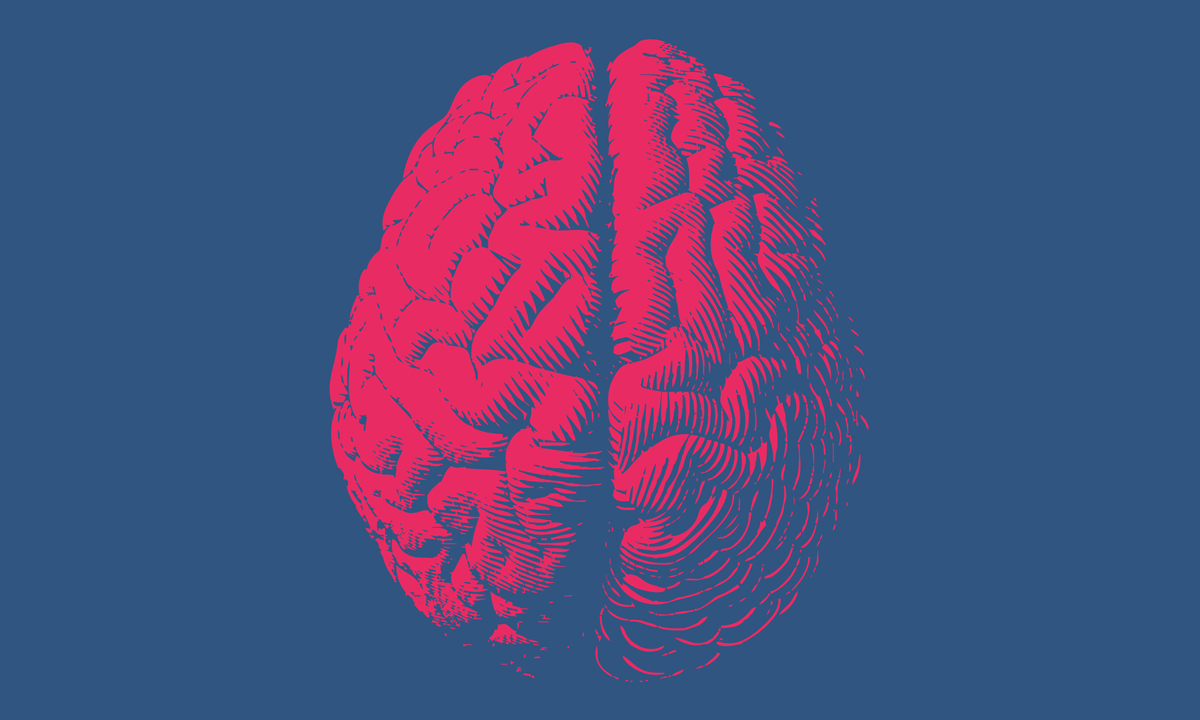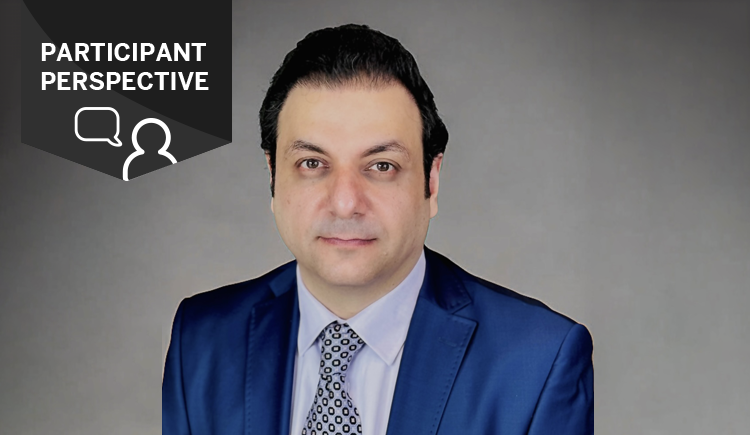
“By teaching people to tune into their emotions with intelligence and expand their circles of caring, we can transform organizations from the inside out and make a positive difference in our world.” — Daniel Goleman
The Hard Impact of Soft Skills
Have you ever regretted saying the wrong thing in the heat of the moment, or wished that you could quickly diffuse a tense situation, or could get a better sense of how others viewed you? Many of the challenges of health care stem from working in a highly complex, emotionally demanding environment. The ability to manage yourself and your relationships with others is an invaluable skill that physicians and other health care leaders must possess in order to be successful.
It has been said that our emotions drive our behaviors, and our behaviors determine our success or failure professionally. Physician leaders who are able to exhibit high degrees of emotional intelligence (EI), particularly in how they manage their own emotions and react to the emotions of others, demonstrate better clinical outcomes, greater professional satisfaction, increased empathy, and improved teamwork within health care organizations.
Conversely, the lack of EI is a common source of failure as a leader. Low EI often results in being overly defensive, resolving conflict poorly, and not connecting well with your team. Unfortunately, medical schools and residency programs traditionally give little attention to the soft skills needed for effective leadership. As a consequence, physicians may be challenged to succeed in leadership roles. Whether you are leading a team in the operating room, managing staff in a clinic, or running an executive board meeting, these soft skills are essential.
Benefits of High Emotional Intelligence in Health Care:
- Improved communication & teamwork
- Ability to respond well under pressure
- Increased empathy
- Better quality of care
- Greater career satisfaction
Building Blocks of Emotional Intelligence
The first published manuscript on EI was written by Dr. Peter Salovey and Dr. John Mayer in 1990. The concept gained further mainstream popularity with Daniel Goleman’s 1995 publication of Emotional Intelligence – Why it can matter more than IQ. Goleman described how individuals with a high EI consistently outperformed those with only a high IQ. Several models of EI have developed since Goleman’s initial publication; however, the main components can be defined as follows:
- Self-Awareness: the ability to know your emotions, strengths, weaknesses, drives and goals
- Self-Management: the ability to stay calm when emotions are running high; adaptability
- Empathy: identifying with and understanding the desires, needs, and perspectives of others
- Social Skills: managing relationships and resolving conflict to move people in a desired direction
By improving relationships and interactions between patients, health care professionals, and administration, organizations that leverage EI can create meaningful and lasting improvements.
Developing Your Emotional Intelligence
Mindfulness as a path to EI
Like nearly any other skill, your EI can improve with continuous practice. An important starting point to developing your EI is to simply learn to pause and reflect on how you are feeling, especially in stressful or tense situations. This provides space to perceive and understand your emotional responses. By simply acknowledging your feelings and naming them, you can start to understand the drivers of your behavior. This exercise leads to greater self-awareness and ultimately greater freedom to choose how to best respond, rather than being controlled by impulse. Over time you begin to notice your triggers and learn to control them. Practicing mindfulness and meditation can improve your ability to comprehend your own emotions, as well as the emotions of those around you, and strengthen your capacity to manage yourself and others.
Using multi-rater feedback to build your EI
Another critical tool for developing higher EI is 360-degree feedback—a standard development tool that helps you to identify strengths and weaknesses. There are many types of 360-tools, but an important element for developing EI is the ability to compare your self-assessment to the assessment of others on your performance. Simply find and complete a self-assessment survey, and then ask a trusted colleague (or family member) who knows you well to complete the same evaluation of you honestly. The difference between your perceptions and that of others will provide valuable insight into your blind spots and identify areas for professional and personal growth.
Coaching for EI
One-on-one coaching is a popular approach to improving various aspects of EI and leadership skills. Working with a trained and experienced coach can help you gain meaningful insights to develop your potential. Many progressive organizations recognize the importance of investing in the EI of their leaders and support the use of external or internal coaching to improve performance.
Conclusion
Transforming our health care system into one that better meets the needs of our patients and colleagues requires more than just designing innovative care delivery models. It also requires, to a large degree, building strong relationships and positive interactions between clinicians, patients, and health care administrators. With this realization, health care can incorporate the principles of EI into efforts to improve the culture of our organizations. Physician leaders who possess higher EI demonstrate greater influence, bring about effective change, and become the type of leader that others want to follow.


